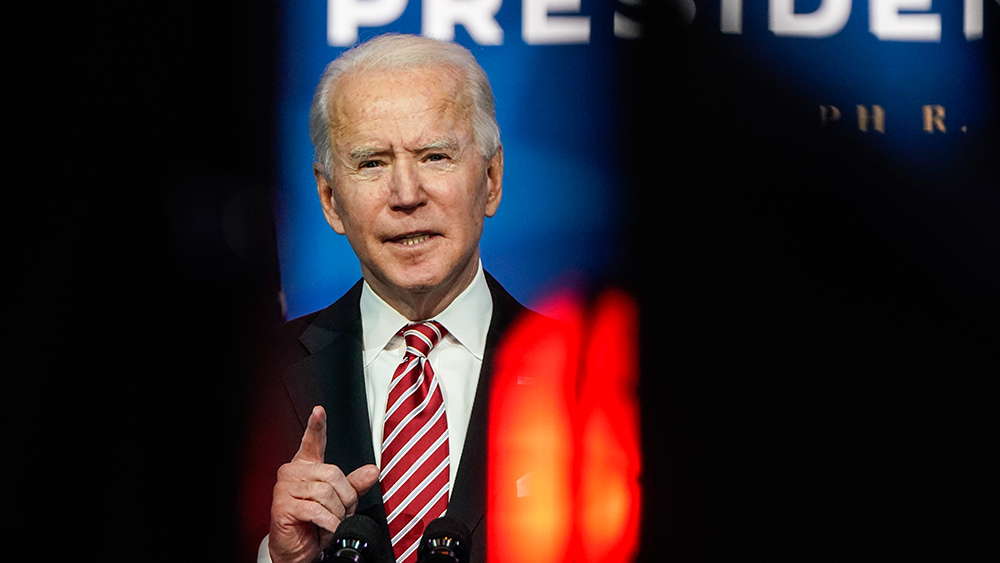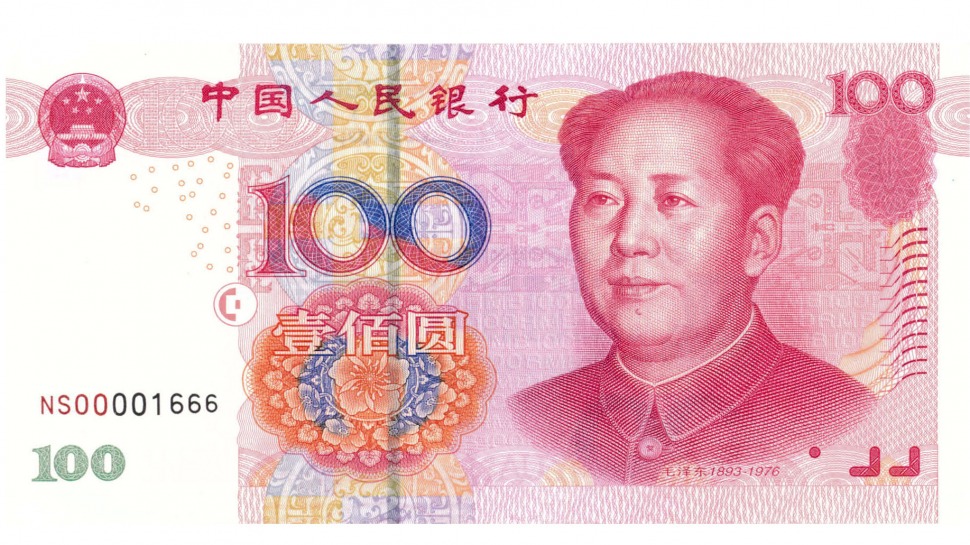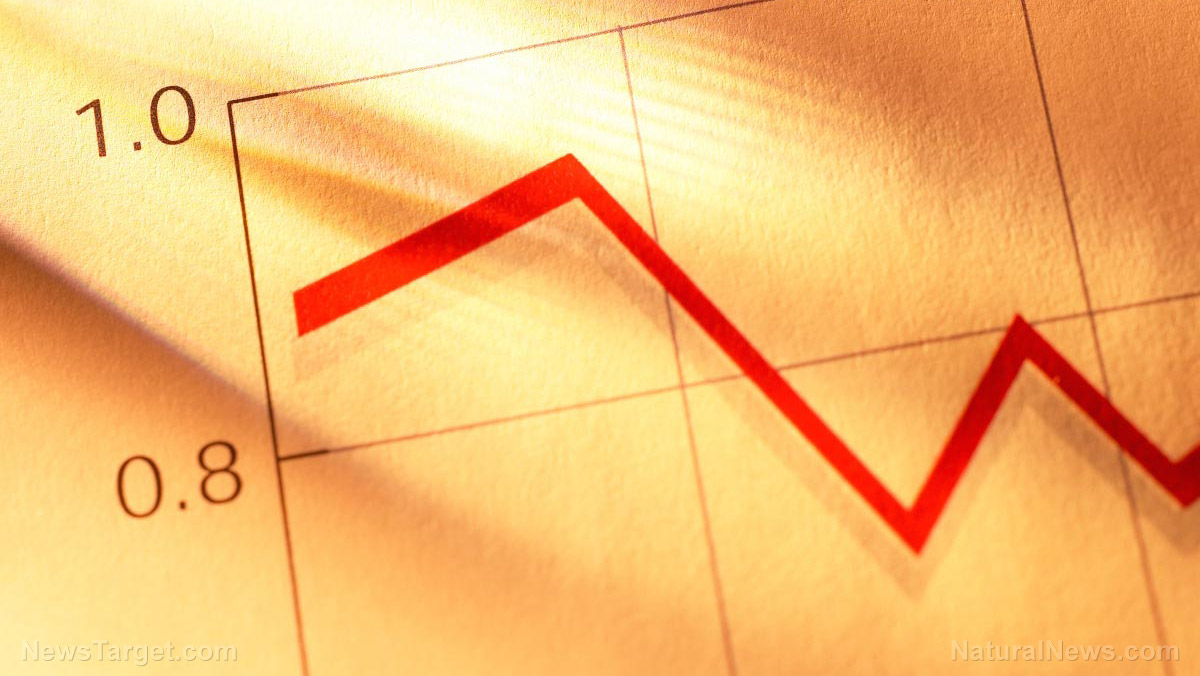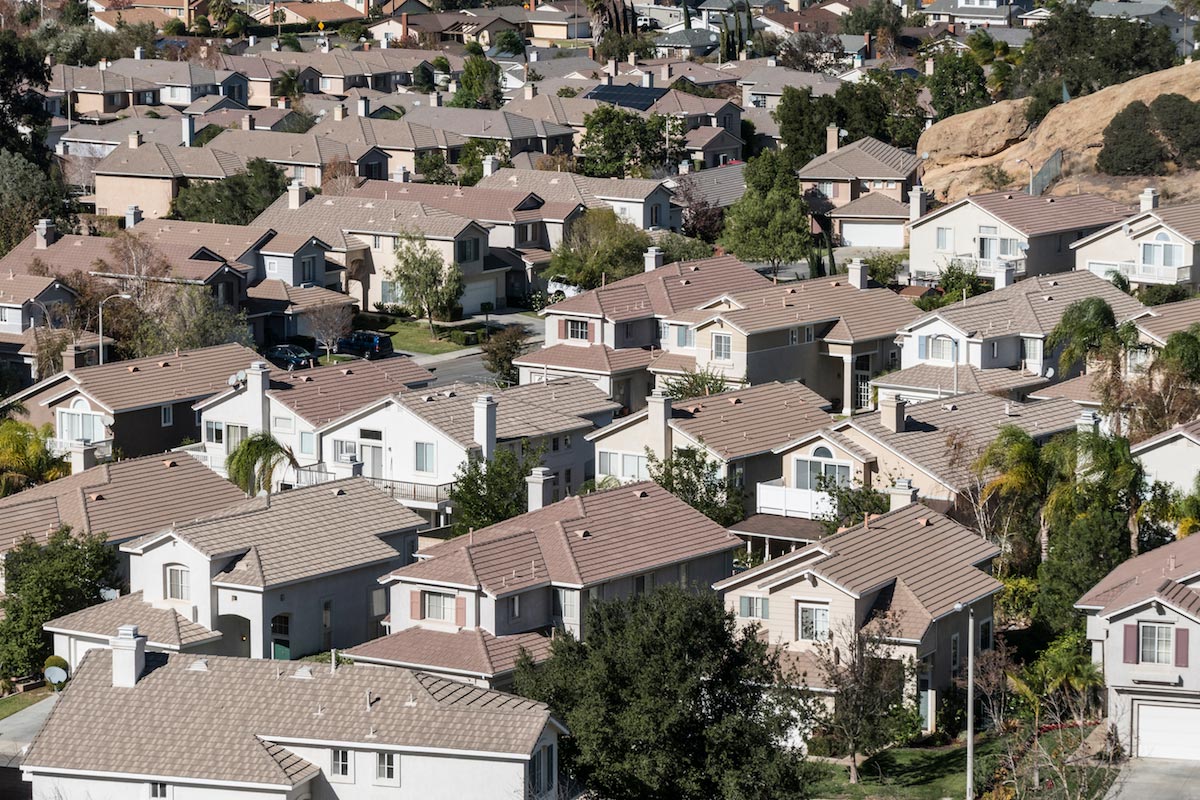Supply chain crisis prompts retailers to overorder ahead of holiday season
10/25/2021 / By Matthew Davis
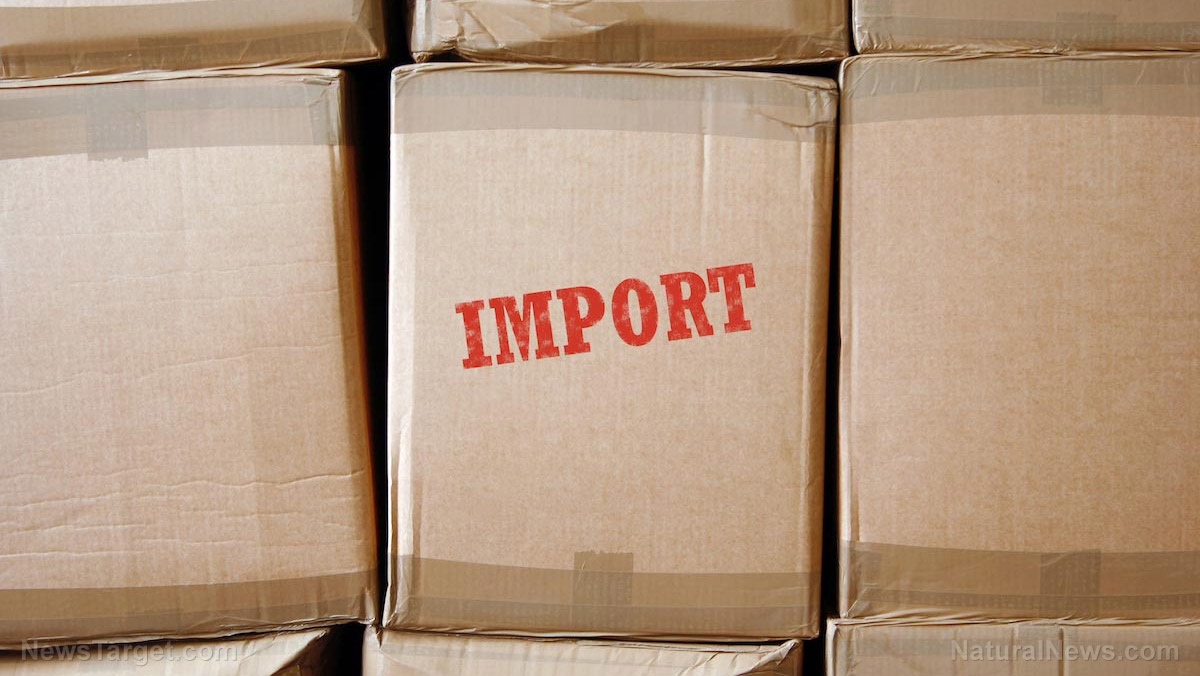
The global supply chain crisis has alarmed many retailers and made them overorder ahead of the holiday season. Some companies are also placing orders too early, which has done nothing to help the problem.
“Suddenly, retailers and manufacturers are overordering because of these supply chain issues, and that’s just leading to essentially an even worse scenario,” Jonathan Savoir, CEO of supply chain technology firm Quincus, told CNBC‘s “Squawk Box Asia” on Monday, Oct. 18.
The Wuhan coronavirus (COVID-19) pandemic hit the manufacturing sector hard. Port closures, gasoline shortages, labor woes and lack of shipping containers have also disrupted the supply chain worldwide. With retailers starting to overstock, Savoir envisions a ripple effect that could negatively impact wholesalers, distributors and manufacturers.
Similar concerns were brought up by RBC Wealth Management in an Oct. 15 note: “Because the problems are well known, orders for raw materials, component parts, and finished goods are now being placed earlier than normal, which is lengthening the queue, creating a vicious cycle.”
Savoir said it’s a pattern that he has been seeing across the industry. Data shows that electronics and household items are the products being overordered the most.
Retailers are currently battling a crisis in the global supply chain network, brought about by a surge in demand for goods amid a labor shortage. Retailers and manufacturers are struggling to shift products from factories or containers on ships and in ports in time for the holiday shopping season.
Savoir said overordering is far from the best way to navigate the supply chain crisis. Not only does it put extra strain on logistics providers, but the retailers also risk ending up with leftover stock after the holidays.
“There’s no reason to panic buy, it just leads to a worse effect,” he told Insider. “People look at it from their point of view: ‘I want to have my store filled, I don’t want to have it empty when Black Friday comes around and there are people storming into my stores.'”
Joel Bines, managing director of retail consulting firm AlixPartners, told the Financial Times that retailers will struggle to stock the hottest items during holidays, such as toys. “There will definitely be weeping children this holiday season,” he said.
Prices of consumer staples soar
Prices are skyrocketing on a number of consumer staples like coffee, milk and soap as companies try to offset surging costs due to problems in supply and production. Industry experts warn that the problem is not going to be solved soon and consumers need to dig deeper into their pockets until next year.
“I can tell you breakfast will get a whole lot more expensive,” said Phillip Streible, Blue Line Futures’ chief market strategist. “Oats are up more than 80 percent. The prices of sugar and lean hogs are up.” (Related: Is the American food supply chain collapsing?)
One commodity that has seen a significant jump in cost so far this year is coffee, with prices increasing by 60 percent due in large part to a massive drought in Brazil – the world’s top coffee producer. As a result, Brazil’s coffee crop is expected to drop by about 25 percent this year compared to its record 2020 season.
“What we are seeing right now is the ramification of Brazil’s coffee production issues. Many of the trees had to be completely removed, and new trees had to be planted, so you’ve got this serious supply strain,” Streible said.
“The demand is continuing to increase with the reopening of the economy. Cruise ships are coming back online as well as airlines. Those are major consumers of coffee, so supply will be severely strained.”
Nestle CFO Francois-Xavier Roger warned that higher prices will continue to be passed on to consumers. In a call to an analysts, Rogers said that inflation could become more permanent. Nestle is expecting “to have higher input-cost inflation” as it grapples with supply chain challenges.
Some other big companies are issuing similar warning.
Procter & Gamble CEO Andre Schulten told analysts during the company’s earnings call that it’s taking a “market-by-market, category-by-category” approach to raising prices on products as it faces higher costs of shipping and raw materials.
Unilever, the company behind Ben & Jerry’s and Lipton, also warned of sustained price pressures. The company announced in a statement that it has “continued to take pricing action across foods and ice cream in response to commodity inflation.” Unilever CEO Alan Jope added that “cost inflation remains at strongly elevated levels, and this will continue into next year.”
Follow Collapse.news for more news related to the supply chain crisis.
Sources include:
Tagged Under: Bubble, chaos, coffee, Collapse, food collapse, food supply, grocery, holiday season, Inflation, market crash, Nestle, pandemic, panic, port closures, Procter & Gamble, products, risk, supply chain, supply chain crisis
RECENT NEWS & ARTICLES
COPYRIGHT © 2017 RISK NEWS

